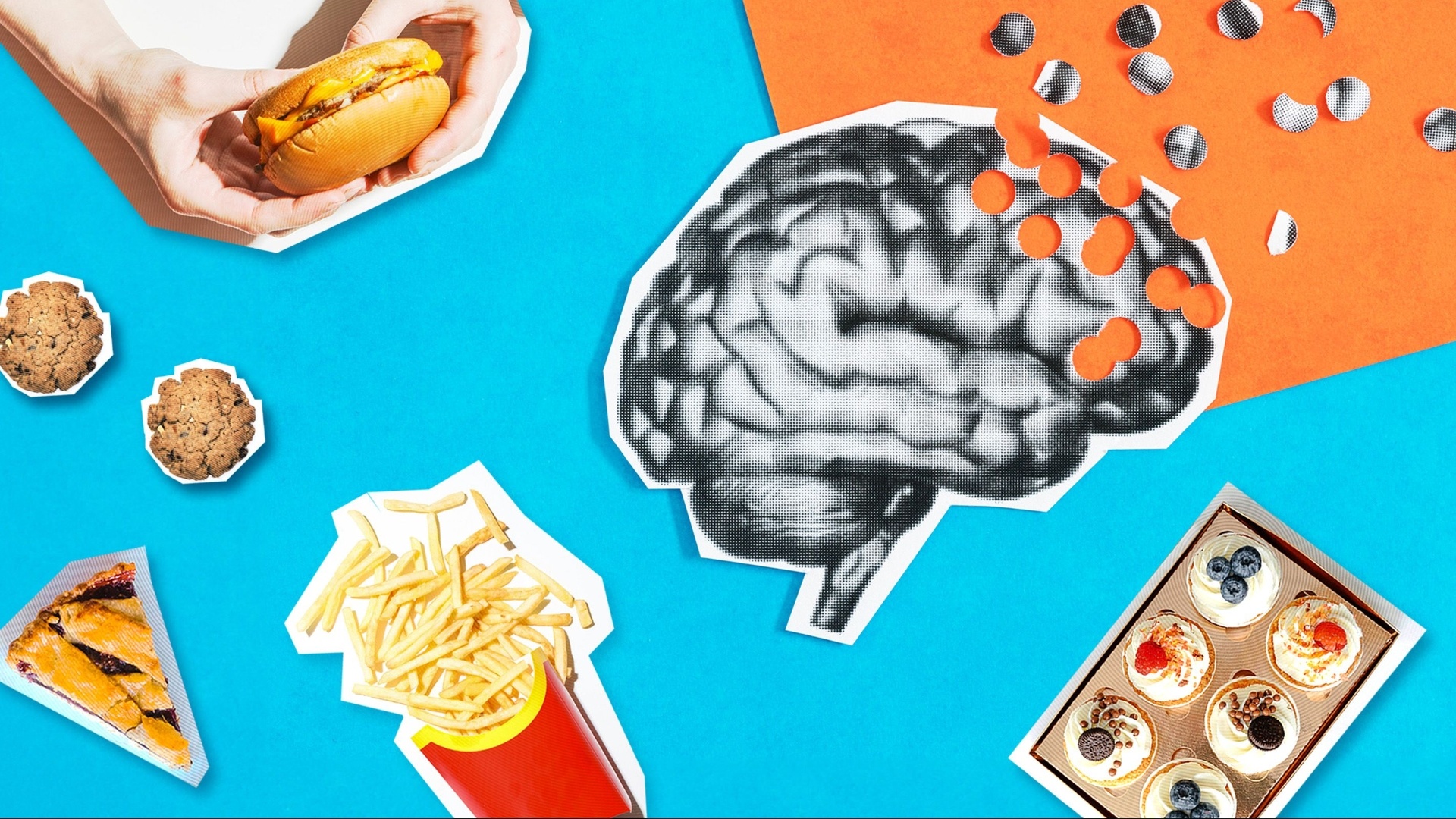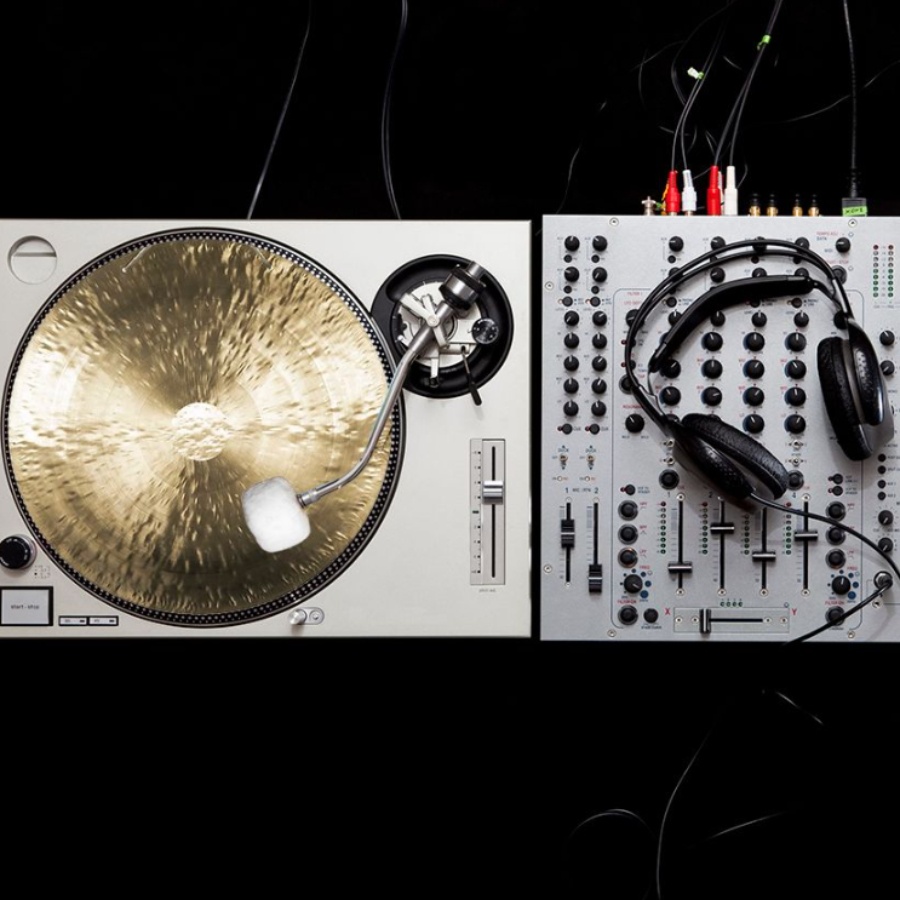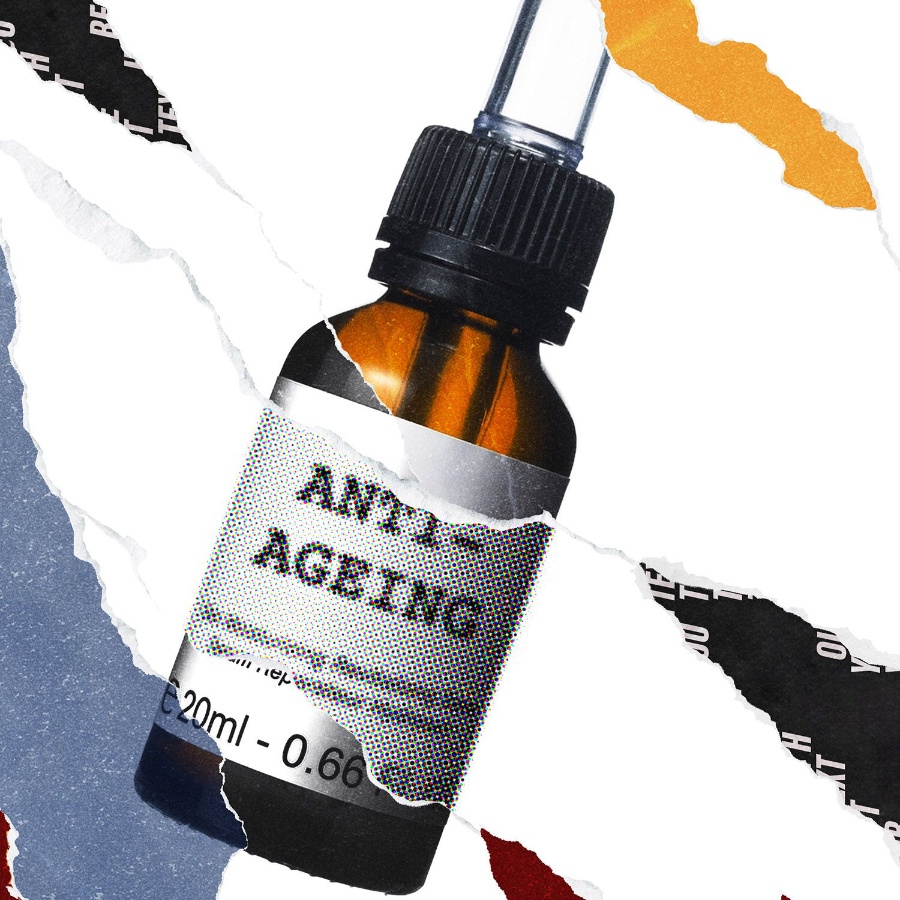Earlier this year, Stanford Medicine dropped a surprising revelation: the much-debated ketogenic diet might actually help stabilise brain function in people with severe mental illnesses. For those battling conditions like schizophrenia and bipolar disorder, this is a potential lifeline, given that the usual antipsychotic medications, while effective, often come with some serious side effects, including metabolic issues like insulin resistance and obesity. The evidence of there being a strong connection between our gut and brain keeps building up—so much so that it has led to the creation of a new stream of science, nutritional psychiatry, which has been challenging everything we thought we knew about mental health.
One of the pioneers in this field, Dr Uma Naidoo has a unique set of credentials that have supported her years of studying the intersections of food and mental health. She has studied nutrition, is a certified professional chef, and plays faculty at Harvard Medical School, where she’s been dubbed their ‘mood food expert’. Much of her advocacy, which she shares through her books and through social media, is about how your food affects your mood, and how you can hack this connection for optimal results.
Take something as simple as inflammation. You’ve probably heard it be blamed for everything from breakouts to burnout, but did you know it’s also linked to cognitive decline? We know that certain foods, such as leafy greens, fatty fish, and berries, are natural inflammation fighters. But, says Dr Naidoo, “by including these in your diet, you’re not just improving your physical health—you’re boosting your brain’s resilience.” In her latest book, Calm Your Mind With Food, she explains how the trillions of bacteria living in your gut are key to controlling anxiety. “Fermented foods like yoghurt, kimchi, and kombucha bring good bacteria (probiotics) to the digestive system,” she says, adding that they keep that gut-brain highway running smoothly.
But if some foods are good for mental health, the corollary is that some foods are actively bad for it. Diets loaded with processed junk, refined sugar, and unhealthy fats can disrupt your neurotransmitter balance, leading to depression and anxiety. “It’s a vicious cycle that can start on your plate,” says Dr Naidoo. Clinical psychologist and psychotherapist Dr Shwetambara Sabharwal agrees. “The body and brain are in constant conversation, and food is the fuel driving all of their functions—whether it’s the immune, nervous, or digestive system,” she says. “There is a very significant connection between the mind and body, and it’s only now that this is being looked at more seriously in both prevention and cure, health, and wellness overall.”
Interestingly, it’s not just the food that you consume, but also the mood you’re in when you eat that impacts health. Dr Sabharwal explains, “Our emotions, thoughts, and behaviours directly affect our bodily systems.” Ever notice those butterflies in your stomach or that wave of nausea when you’re feeling anxious? Or how your stomach feels unsettled after a meal when your mind is racing? When stress or anxiety kicks in, the body releases stress hormones, igniting the fight-or-flight response. This primal reaction readies us to face danger or flee from it. One critical hormone, corticotropin-releasing factor (CRF), impacts digestion by often suppressing appetite, while cortisol ramps up gastric acid production to accelerate digestion for a quick response. “This hormonal surge can lead to a range of digestive issues, including constipation, diarrhoea, indigestion, or nausea,” she adds.
A common misconception about the relationship between food and mood is the need for an all-or-nothing approach, says Dr Naidoo. Start with one or two pillars of nutritional psychiatry, such as “adding a side green salad to each meal, or berries to your daily diet, and adding more daily servings of different lower glycemic vegetables like cauliflower, lettuce, cabbage, green beans, and spinach, as well as seasonings and spices (both rich in antioxidant and anti-inflammatory properties) to your menu. This is great way to begin incorporating mood-boosting foods into one’s diet.” She cautions against prescriptive recommendations, especially since scientific evidence does not yet directly support food doses. “However, I always recommend combinations rich in plant nutrients with energy sources that maintain balanced blood sugars for a steady flow of energy. For example, pairing produce with a healthy protein like pasture-raised chicken, or plant-based options like beans, lentils, edamame, or non-GMO organic tofu and fibre.
Nutritional psychiatry is inherently adaptable, accommodating varied dietary preferences and restrictions, including vegetarian, vegan, and gluten-free diets. “For so long, there has been a false dichotomy between how we approach mental versus physical health. However, as more research emerges, and the role of the gut microbiome in both physical and mental health is better understood, I foresee much more development in this intersection,” Dr Naidoo signs off.
Give these two quick, mood-boosting recipes from Dr Naidoo a try—they’re perfect for when you’re on the move.
Dark chocolate smoothie:
- 250ml (1 cup) unsweetened hemp or other plain milk of choice
- 1 tablespoon walnuts
- 1 scoop whey protein
- 1 tablespoon ground flaxseeds
- 1 teaspoon organic ground instant coffee powder
- 1 teaspoon cocoa powder
- 1 tablespoon coconut flakes
- ½ teaspoon honey
- ¼ ripe avocado
Blend all ingredients with ¼ cup of ice cubes until smooth. Adjust the consistency with more water or ice if needed.
Mood-boosting trail mix:
- Oven-roasted crispy chickpeas
- Dark chocolate (80 per cent cacao or more)
- Pumpkin seeds
- Almonds
- Cashews







